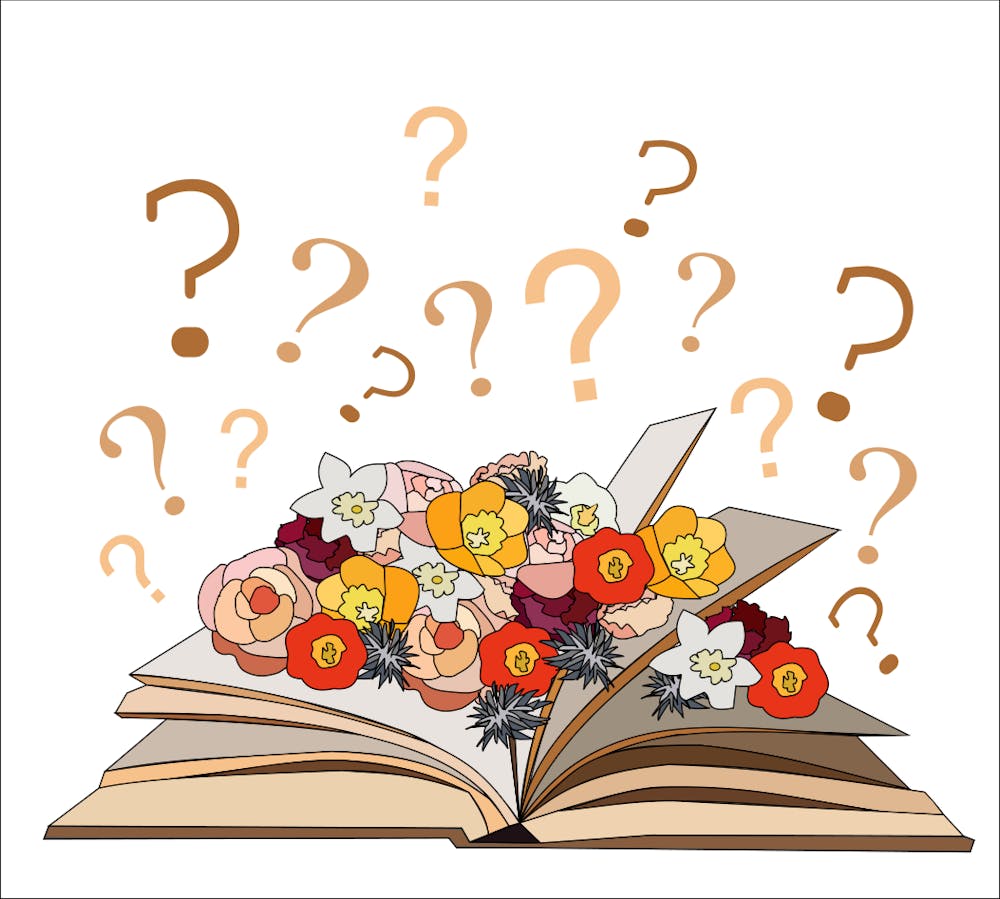Lea en español // 中文版请点击此处
Upon arriving at the University, I immediately looked forward to the latter half of my college experience — the two years in which my learning would mostly take place in small, discussion-based classes. However, upon our unexpected switch to online learning, I felt defeated. The intimacy that my imagined future promised seemed elusive, my Zoom fatigue seemed daunting, and I did not foresee an attitude change.
Despite my own outlook, a poetry class in the spring of my third year taught by English Prof. Mark Edmundson provoked a more promising perspective, and it is these small triumphs that sustain my emotional and academic enthusiasm. I was immediately struck by the modern poetry we studied, but even more so by the leading voice that guided us to its core — Edmundson rehabilitated my love for learning, and my biweekly poetry discussions became an inspiring antidote to the crippling numbness of virtual classes.
Edmundson began our final class of the year as he had each class prior — with a question seemingly unrelated to the poetic assignments of that day. On this day he asked each of his students to share their most memorable moments from the course, and the sheer variety of responses was inspiring.
When it was my turn, my answer was immediate — our class’ moments of slowed sharing had defined my experience of his course. I recognized Edmundson’s curiosity towards our individual feelings and opinions was incomparable, and his dedication served to both unite his students and reconcile our blanketed will to remain engaged virtually.
Now, as the first semester of my fourth year takes place in this joyfully strange stage of in-person learning, I am grateful to take another course with Edmundson. His daily questions continue to color my grasp of the course content — though these questions may read as uncomplicated, the intentions behind them are carefully designed. When asked, Edmundson explained, “I ask a question … they engage people’s emotions … your feelings commit, even if in a small way,” and I could not help but wonder why other professors do not evoke such tactful empathy in their own approaches.
“What is your favorite flower?” or “What was your favorite game to play as a child?” advance academic discussion in unfamiliar yet constructive ways. I remember my responses to these aforementioned questions but, more markedly, I remember the responses of my classmates and the silent connections that we formed as a result.
When explaining the reasoning behind one’s favorite flower, for example, each student would make references to their homes, their families and to moments of their past and present that helped dictate the meaning of their answer. While this 15-minute period of personal reflection reduced the amount of time allotted to our discussions of the poets themselves, our collective sense of the poetry’s meaning was unintentionally enhanced. Simply put, Edmundson never underestimated the power of the intellectual victories that these unconventional questions generated — instances that would otherwise have gone unnoticed.
As I reflect on my own answers to his questions, I am inherently drawn inward — I am forced to understand the poetry through an external and internal lens. Engaging in the language of poetry alters more than my sense of contemporary literature — it heightens my sense of how I move through the world. Though this realization may seem hyperbolic, I consider his poetry class to be a designated time of personal reflection — it feels something like writing in an imagined journal.
During an impassioned discussion of Wallace Stevens’ “Sunday Morning'' in a recent class, Edmundson’s reflection on the relationship between a poet and his poetry echoed my experience of reading it. Edmundson quoted 20th century Irish poet William Butler Yeats, stating, “When I have an argument with the world, I write an essay. When I have an argument with myself, I write a poem.” While I may not be writing poetry for this class, reading it has had a similar effect on my selfhood — the poems we read and the conclusions that Edmundson leads us to contribute to a broader understanding.
As this exciting school year kicks off, I encourage instructors and individuals alike to take a note out of Edmundson’s book — academically enriching and individually valuable outcomes may change someone’s semester or life for the better. Thank you, Edmundson, for helping us achieve tangible meaning in such a gentle, poetic way. If only you could see the curious smiles hidden beneath our masks.
Willa Hancock is a Life columnist for The Cavalier Daily. She can be reached at life@cavalierdaily.com.







